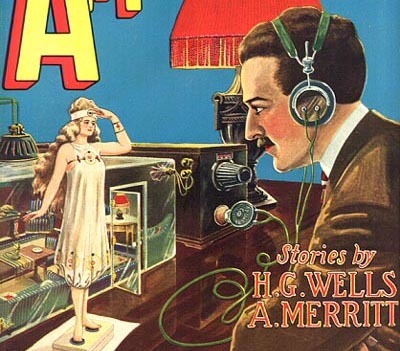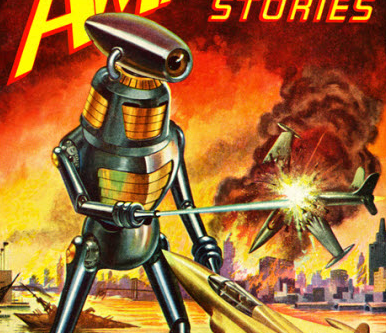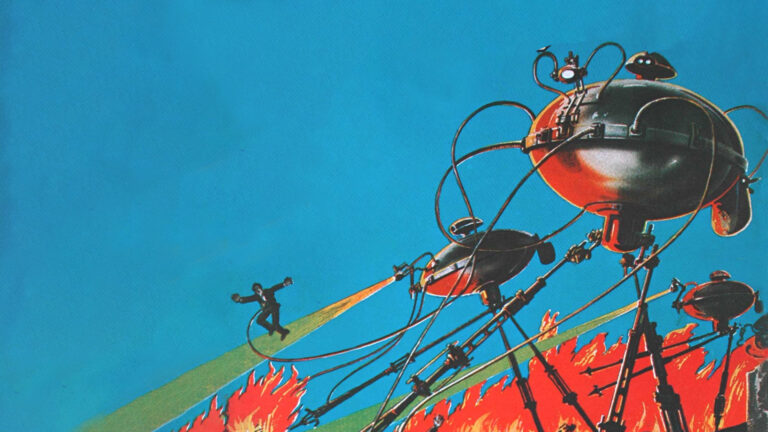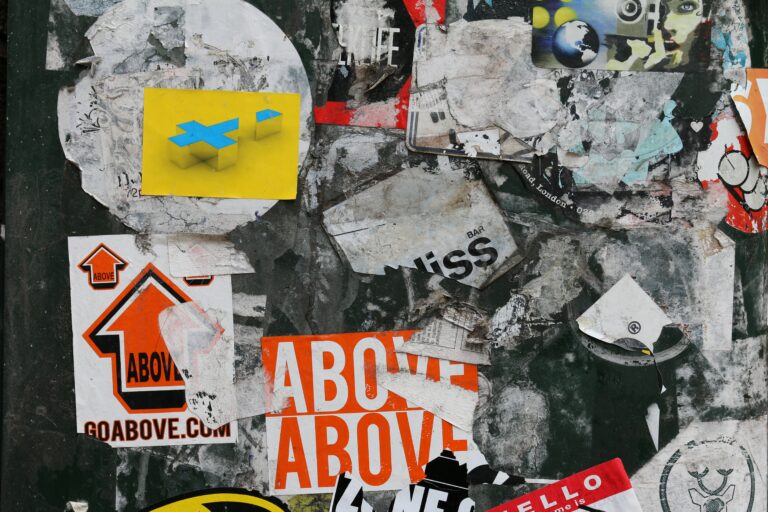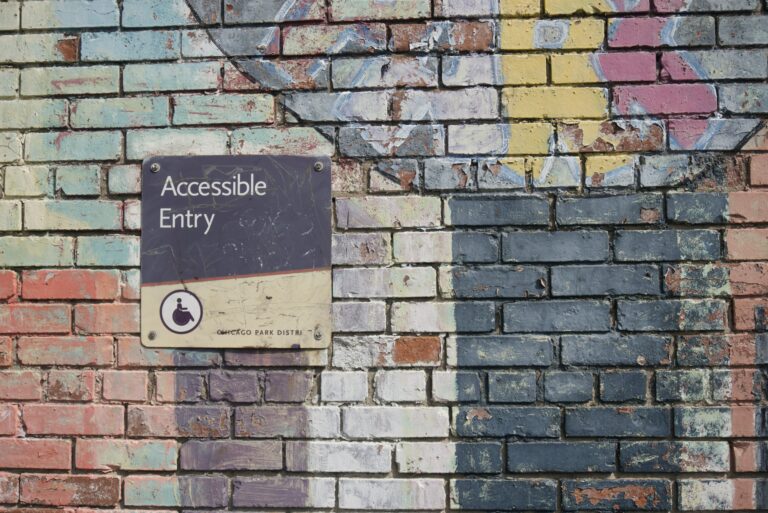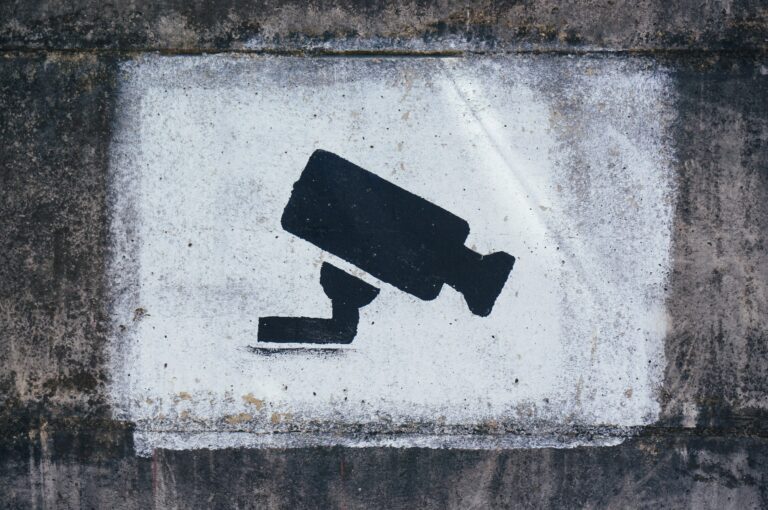Breaking What Was Already Broken: AI and Writing Assignments
This week’s post shares a bunch of intellectual air with John Warner’s thinking about AI writing and undergraduate assessment. There’s often a lot of alignment between my thinking and John’s when it comes to talking about writing assessment, but he published first, so let me point you to his excellent piece, ChatGPT Can’t Kill Anything…

